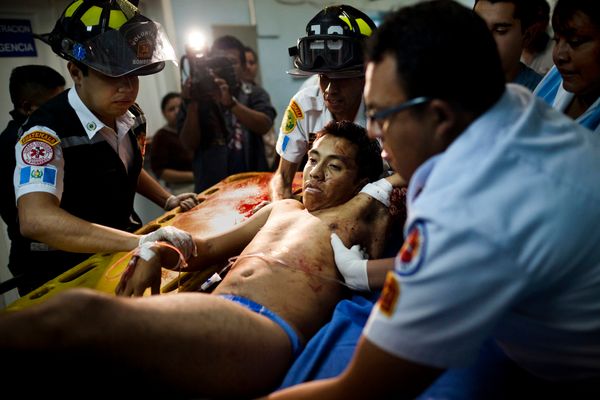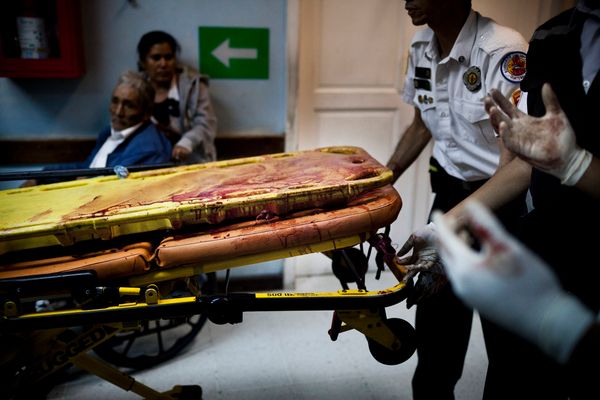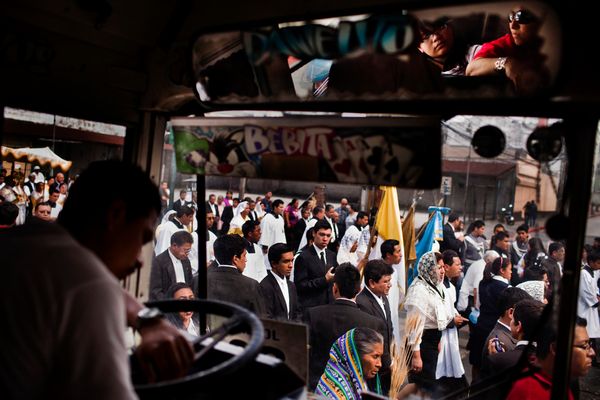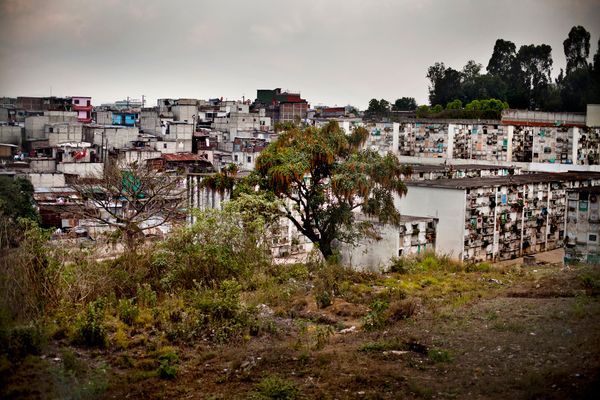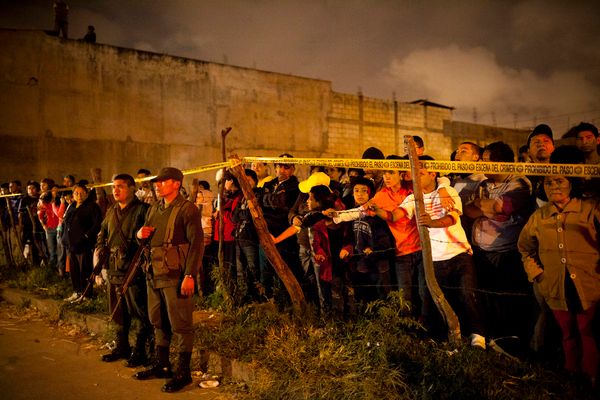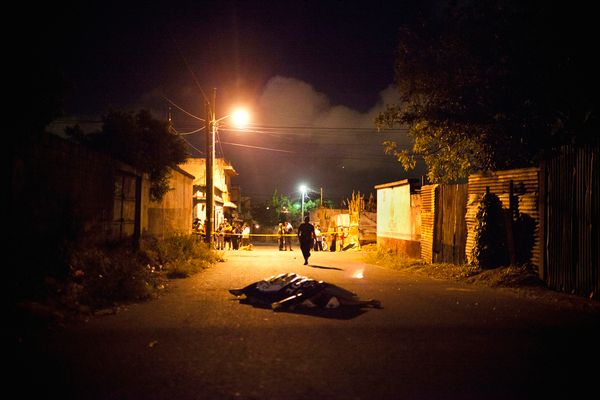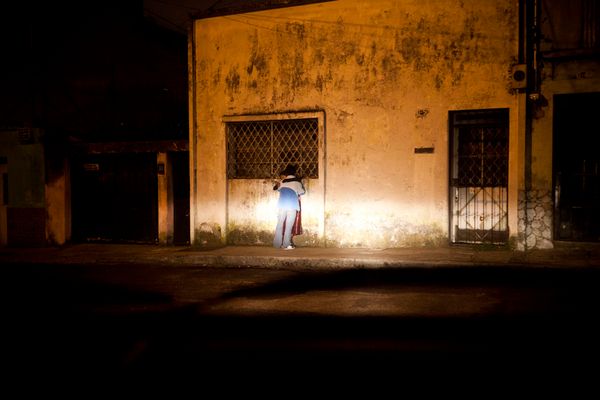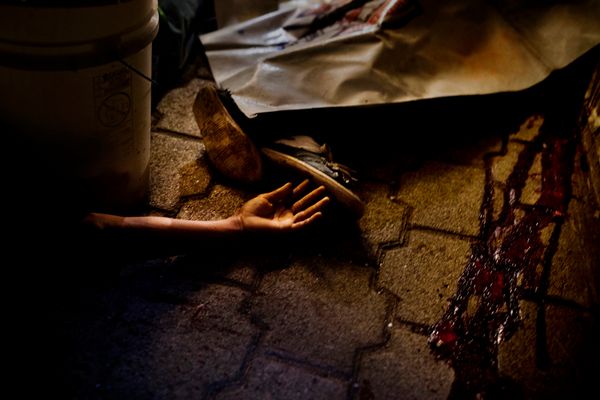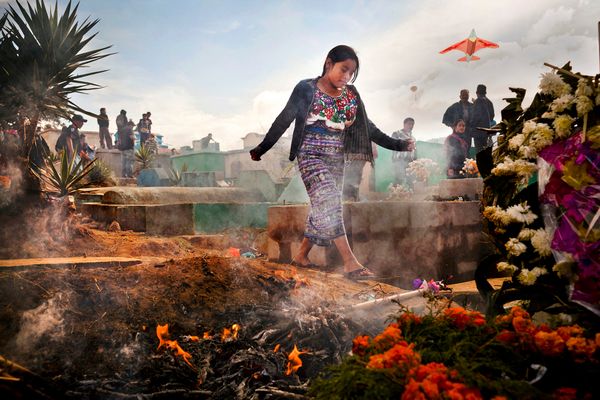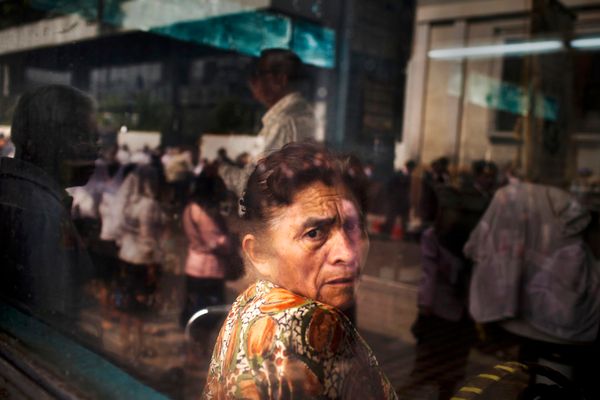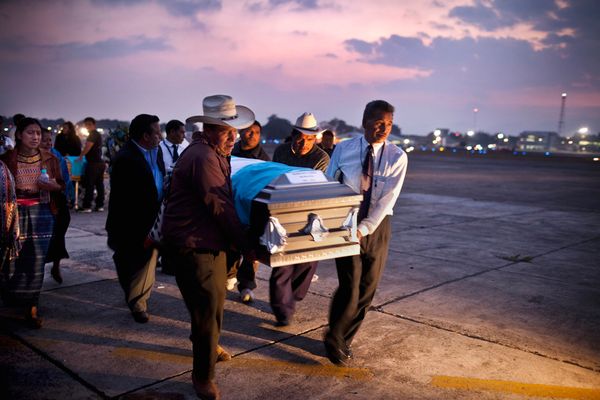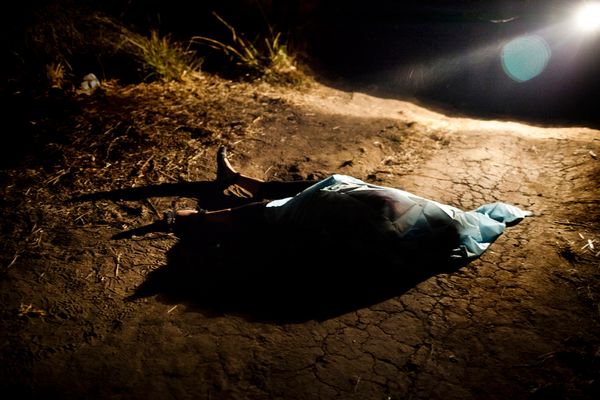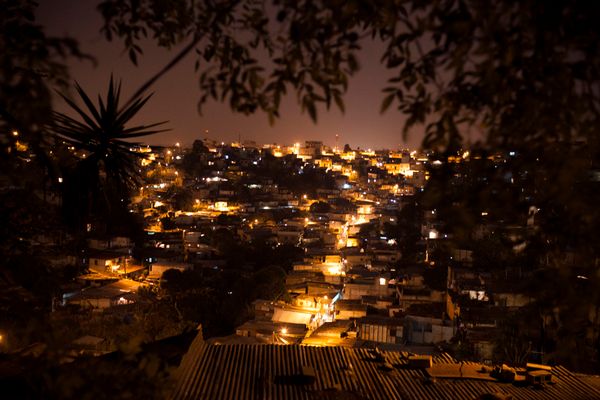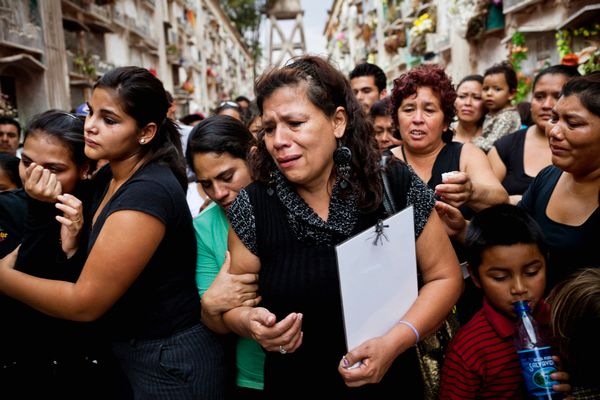La Vida No Vale Nada
-
Author
LA VIDA NO VALE NADAThis project explores the impact on how families and communities live with daily violence, and post-civil war violence in Guatemala.
LA VIDA NO VALE NADA
This project explores the impact on how families and communities live with daily violence, and post-civil war violence in Guatemala.
There's a common phrase Guatemalans say about violence in their country: En Guatemala, la vida no vale nada.
In Guatemala, life is worth nothing.
I began this project last November when I returned to cover the Presidential elections. Violence was at an all-time high and Guatemalans were ready for change.
Fifteen years after the end of its bloody and genocidal civil war, Guatemala elected its first peacetime military leader; a former army general who emerged from retirement shrouded with human rights abuses.
Guatemala is the only country in the western hemisphere that experienced genocide in the 20th century. During the country’s 36-year civil war, (1960-1996), about 200,000 people were killed and another 50,000 “disappeared” and buried in mass graves throughout the country. It left a brutal legacy of violence on the social fabric of this highly indigenous country.
As Guatemalans continue to recover from decades of political violence, the growth of cartel, gang and street violence increase. Mexican drug cartels are new players in a complex mix of paramilitary and vigilante groups in the shadowlands between state and organized crime in Guatemala. While today there is no official war, Guatemalans live with 98% impunity, and a homicide rate of 40 murders per 100,000 inhabitants, some critics say Guatemala is on the verge of becoming a failed state.
I often hear how there is no value for life anymore. Guatemalans believe that you can do whatever you want because those crimes go into a little black police book and nothing is done about it. Rarely is there an investigation. One can hire an assassin for as little as $20 USD. Shootings are often, and sometimes hidden by spurts of firecrackers. Businesses close at dark, and streets lay empty of life giving freedom to drug dealers, thieves and anyone with a gun with the intent to rob or kill.
I’ve met many Guatemalans, from taxi drivers to business owners who expressed a desperate hope for change in their country. They were exhausted by the daily violence, and blamed the former president for his passivity. Hotel owner Lorena Artola, said to me recently, “We live in constant fear, drive shitty cars with tinted windows, and get killed for the most simplest things, like a cell phone. We can’t buy anything nice because we become a target.
In January 2012, former military dictator from 1982-83, during the worst of wartime violence, Rios Montt, was ordered to stand trial on charges of genocide and crimes against humanity, a symbolic victory for victims of the war. With the help of the International Commission Against Impunity in Guatemala (CICIG), a UN-Guatemala initiative that pursues high profile criminal cases and provides new investigative tools, there was progress in the advancement of human rights in Guatemala for the first time since the 1996 Peace Accords.
For years I have heard about the violence in Guatemala ripping apart families, much like the civil war did. I was compelled to work on this project because so much media attention has been focused on Mexico. How were countries in Central America, like Guatemala, affected by Mexico’s balloon effect from fighting drug cartels? There is no one answer. For Guatemala, violence stems from the complexities of civil war and on-going drug trafficking, coupled with a corrupt government and weak social infrastructure. Guatemala is a country rich in indigenous culture, steeped in tradition and nourished by a beautiful resiliency. This project explores the impact on how families and communities live with daily violence, and post-civil war violence in Guatemala.
